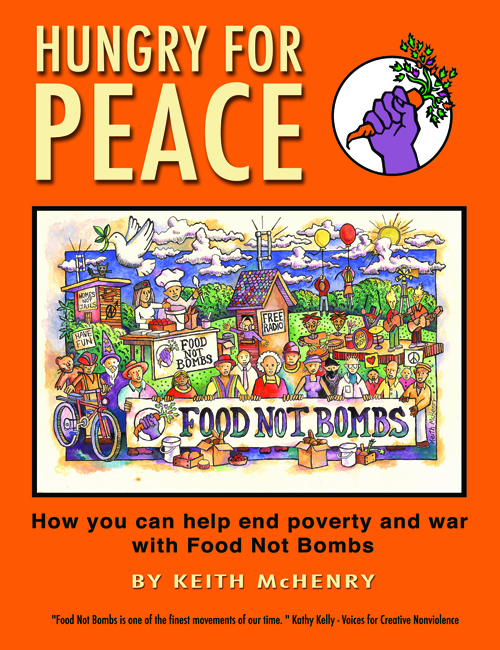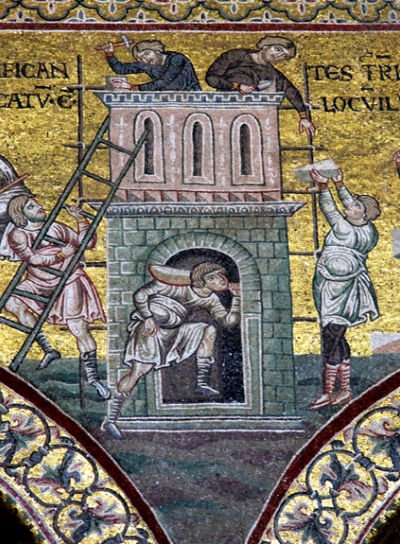I feel like we are being strangled, the life choked from us – disbelief, sorrow, fear, rage. Violence in the streets, jails, and cages at our border, targeting black and brown men, women, and children; a virus stalking us all, turning familiar comforts into threats.
The de facto how-to manual of the international Food Not Bombs movement, which provides free food to the homeless and hungry and has branches in countries on every continent except Antarctica, this book describes at length how to set up and operate a Food Not Bombs chapter. The guide considers every aspect of the operation, from food collection and distribution to fund-raising, consensus decision making, and what to do when the police arrive. It contains detailed information on setting up a kitchen and cooking for large groups as well as a variety of delicious recipes. Accompanying numerous photographs is a lengthy section on the history of Food Not Bombs, with stories of the jailing and murder of activists, as well as premade handbills and flyers ready for photocopying.
Food for Life draws on L. Shannon Jung's gifts as theologian, ethicist, pastor, and eater extraordinaire. In this deeply thoughtful but very lively book, he encourages us to see our humdrum habits of eating and drinking as a spiritual practice that can renew and transform us and our world. In a fascinating sequence that takes us from the personal to the global, Jung establishes the religious meaning of eating and shows how it dictates a healthy order of eating. He exposes Christians' complicity in the face of widespread eating disorders we experience personally, culturally, and globally, and he argues that these disorders can be reversed through faith, Christian practices, attention to habitual activities like cooking and gardening, the church's ministry, and transforming our cultural policies about food.
Giving Voice to Intolerance in an Age of Pluralism
The back story to the Tower of Babel myth is that the orignial plans called for anything but babble. But where once humankind may have all spoken the same language with one unifying plan to build a place all could dwell and abide one another, it has long since ever been the case. “We live in a pluri-verse, not a uni-verse,” says Raimon Panikkar. Ours is a pluralistic age in which we have many different and opposing – even sometimes mutually incompatible -- worldviews that threaten planetary human coexistence. In the midst of such chaos and confusion, how can we tolerate each other’s differences? Or, some might ask, should we even try? I consider myself a very tolerant person! The only people I cannot abide are ignorant and intolerant bigots! Does that make me intolerant as well, or merely principled? What would constitute a forbearance of principled intolerance, with a leniency of spirit? Here's John Bennison's latest Commentary from Words and Ways.
This worship service combines the contemplative spirit of Taizé chant with the Celtic liturgy of the Iona Community.












